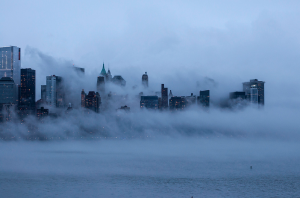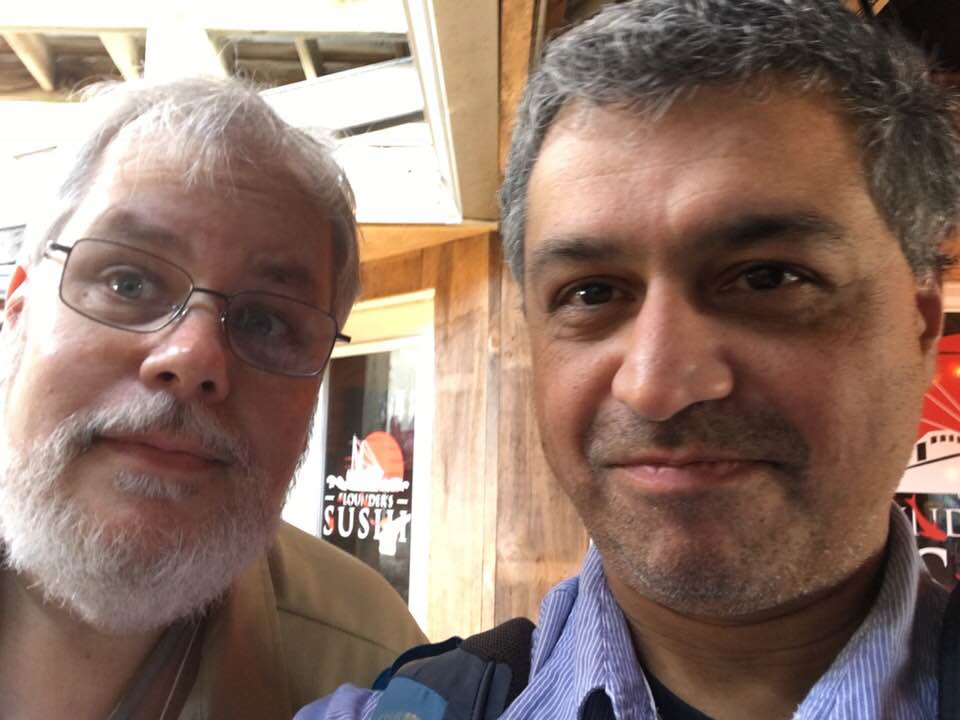I’m back from NYC. Dylan Delikta unfortunately couldn’t make it to our Molinari Society anarchist panel, but otherwise the session went well; Jason’s and Alex’s papers were great, and we had a decent turnout (which for me means: the audience outnumbered the presenters).
I went to some good sessions, had some good meals, and got to hang out with some of my favourite people. I got to both Harlem and Brooklyn for the first time; and I got to spend more time at the Met than my previous, frustrating 90-minute dash, though still not seeing more than a small fraction of the whole: exhiliratingly, exhaustingly endless rooms of stunning beauty.

The book I took with me to read in idle hours (well, idle minutes) was, appropriately, Kim Stanley Robinson’s New York 2140, in which the half-sunken (owing to global warming) but still-vibrant Manhattan that figures peripherally in some of Robinson’s other science fiction takes center stage. I’m about halfway through, finding it excellent so far (even if the economic views it dramatises are not precisely to my own Austro-mutualist taste).
Clouds had wrapped the sky and had descended as fog to wrap the streets below, as if the sky were engulfing the city. She could see the whole of Manhattan Island, a long, triangular shape cutting into an invisible ocean. It looked like the prow of a sinking ship; a few tall buildings still rose above it, like funnels, but the rest was disappearing under gray-blue coils, going down slowly into vapor and space. This was how they had gone – she thought – Atlantis, the city that sank into the ocean, and all the other kingdoms that vanished, leaving the same legend in all the languages of men, and the same longing.
– from Ayn Rand’s review of New York 2140

